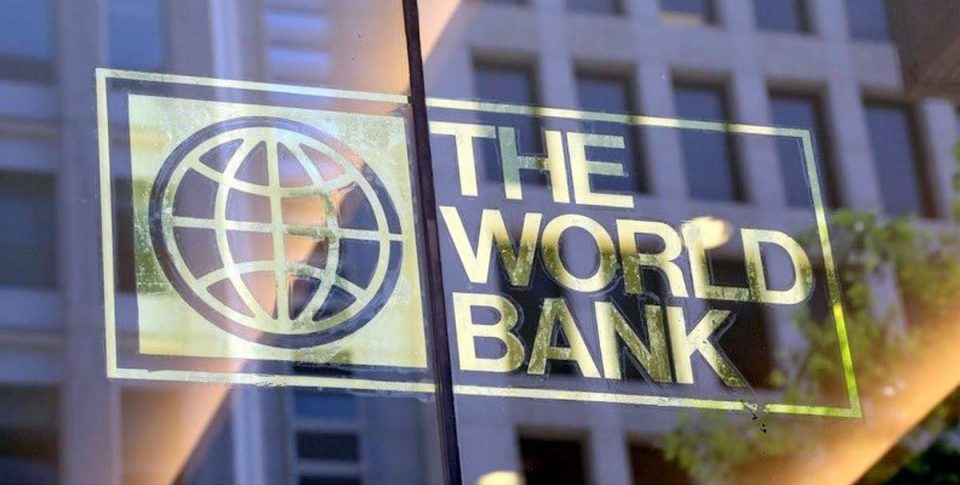World Bank: Direct subsidies on oil, gas, coal cost govts $1.25tn annually
The burning of oil, gas and coal causes seven million premature deaths around the world annually through bad air that people breathe, a new World Bank report has disclosed.
The report, “Detox Development: Repurposing Environmentally Harmful Subsidies” which revealed that the burden falls mostly on the poor, also stated that global direct government expenditures in the three sectors stands at $1.25 trillion a year—around the size of a big economy such as Mexico.
Noting that trillions wasted on subsidies could help address climate change, the World Bank report stated that trillions of dollars were wasted on subsidies for agriculture, fishing and fossil fuels that could be used to help address climate change instead of harming people and the planet.
It stated that to subsidise fossil fuel consumption, countries spend about six times what they pledged to mobilise annually under the Paris Agreement for renewable energies and low-carbon development.
According to Senior Managing Director of the World Bank, Axel van Trotsenburg, “People say that there isn’t money for climate but there is – it’s just in the wrong places.
“If we could repurpose the trillions of dollars
being spent on wasteful subsidies and put these to better, greener uses, we could together address many of the planet’s most pressing challenges.”
The new report noted that government subsidies of $577 billion in 2021 to artificially lower the price of polluting
fuels, such as oil, gas, and coal, exacerbate climate change, and cause toxic air pollution, inequality, inefficiency, and mounting debt burdens.
It therefore, stated that directing the subsidies could unlock at least half a trillion dollars towards more productive and sustainable uses.
The report underscored the fact that the problem was bigger than direct government expenditures.
It assessed the harmful impact of implicit subsidies, which amounted to $6 trillion each year, representing the costs on people and the planet from pollution, greenhouse gas emissions, road congestion, and the destruction of nature ultimately resulting from the subsidies.
According to the report, in agriculture, direct subsidies of more than $635 billion a year are driving the excessive use of fertilisers that degrade soil and water and harm human health.
“Subsidies for products such as soybeans, palm oil, and beef cause farmers to push into the forest frontier and are responsible for 14 per cent of forest loss every year.
“Fisheries subsidies, which exceed $35 billion each year, are a key driver of dwindling fish stocks, oversized fishing fleets, and falling profitability. With more than 1 billion poor people obtaining most of their animal protein from fish, it is critical that the world’s fish stocks are restored to healthy status.
“The burning of oil, gas, and coal causes 7 million premature deaths a year around the world through the bad air that people must breathe. The burden falls mostly on the poor,” the report said.
Commenting, the Chief Economist of the
Sustainable Development Practice Group at the World Bank, Richard Damania said: “With foresight and planning, repurposing subsidies can provide more resources to give people a better quality of life and to ensure a better future for our planet.
“Much is already known about best practices for subsidy reform, but implementing these practices is no easy feat due to entrenched interests, challenging political dynamics, and other barriers.”
The report prescribed that for successful subsidy reform, governments must compensate the most vulnerable groups through social assistance programmes, like cash transfers, and should build public acceptance through transparent communication.
Other prescriptions include giving people and businesses time to adjust, and showing how freed-up revenue is being reinvested to support longer-term development.




